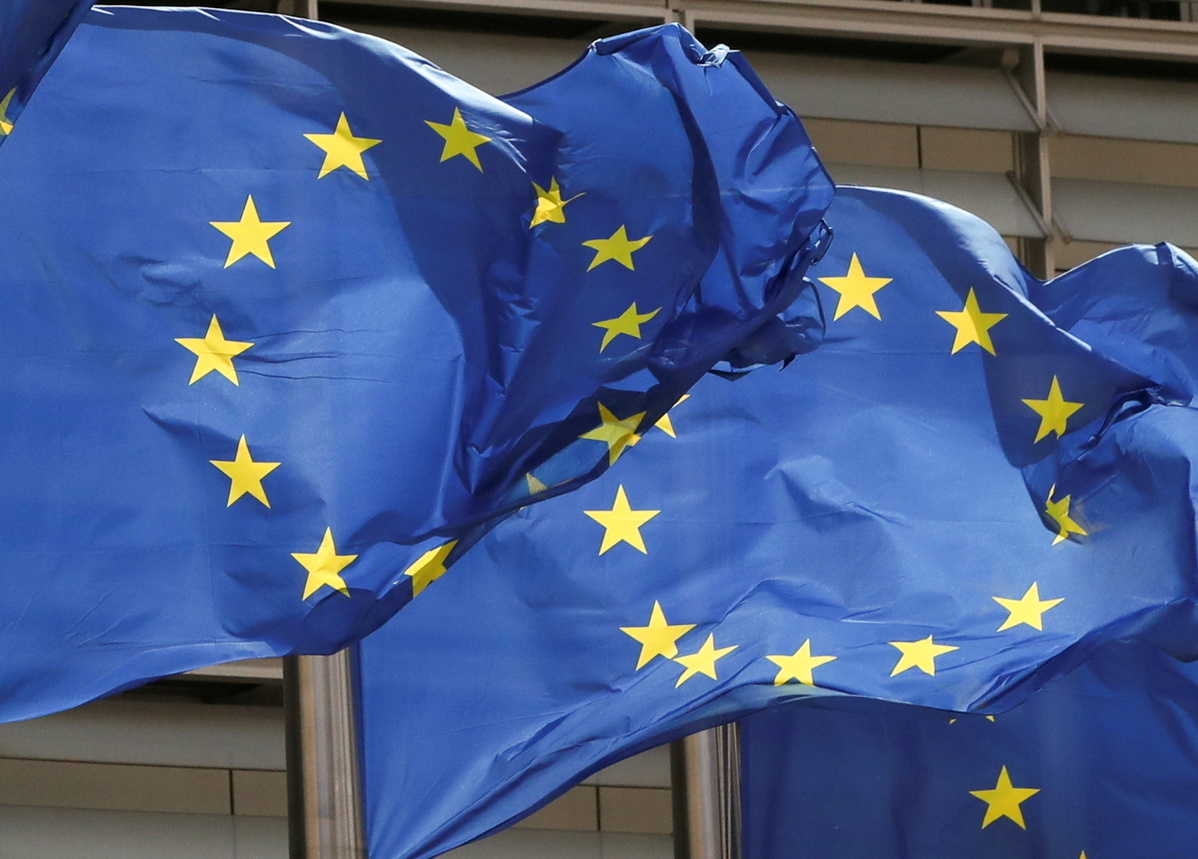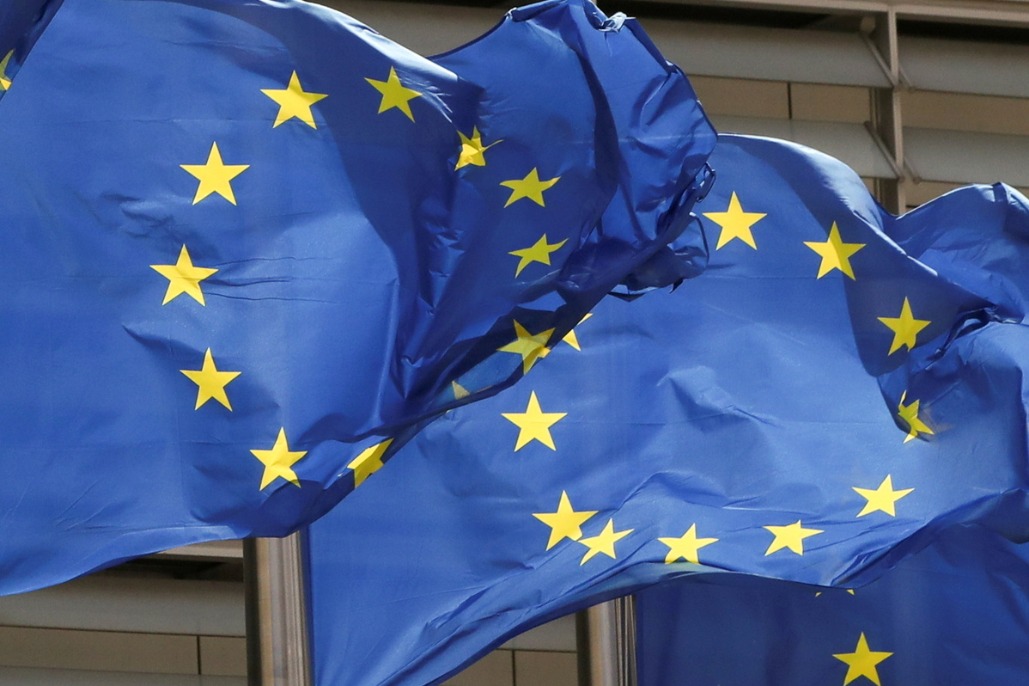Concerns voiced over EU's business climate
Most Chinese firms remain optimistic in market despite challenges: Survey


Chinese companies operating in the European Union have voiced deep concerns over the worsening business climate in the bloc, from the growing uncertainty and discrimination to the politicization of trade and investment, according to an annual survey released on Monday by the China Chamber of Commerce to the EU, or CCCEU.
The report shows that the ratings by Chinese companies about the business environment in the EU declined for the fifth year in a row since the survey first started. In 2024, Chinese companies gave the EU business climate a score of 62 points, compared with 73 points in 2019. Some 68 percent of respondents believe the business environment has worsened over the past year.
More than half of the Chinese companies surveyed say the EU market is no longer "fair and open".
This trend reflects mounting challenges in political, economic and talent-related areas, says the report, published by CCCEU and consulting firm Roland Berger after a four-month survey and interviews with some 200 Chinese companies in the EU.
Uncertainty has emerged as the primary challenge, according to 78 percent of the Chinese companies surveyed. Rising compliance costs and growing anti-China sentiment are also significant factors affecting Chinese companies in the EU.
Liu Jiandong, chairman of the CCCEU, said on Monday the EU market is strategically important for Chinese companies, which have set up research, design and production facilities across the bloc. He also cited the huge daily two-way trade volume between China and the EU at more than 2 billion euros ($2.11 billion).
"These companies contribute to EU tax revenues, job creation and innovation," Liu said.
"The CCCEU report, which addresses issues like market access and trade barriers, aims to support deeper China-EU trade ties."
He expressed hope for more China-EU cooperation as the two sides mark their 50th anniversary of diplomatic relations in 2025.
Political impact
According to the survey, market barriers driven by political issues have become the most pressing challenge. At least six out of 10 Chinese companies feel they have been treated differently due to their Chinese origins, which poses challenges in public procurement, market access, eligibility for subsidies and incentives and approval procedures.
Chinese companies have complained about the EU's overemphasis on "economic security".They fear this may politicize normal business activities, according to the report.
About 94 percent of the companies surveyed feel that EU policies, including "economic security" and "de-risking", have negatively impacted their operations and undermined business confidence.
The EU's designation of Chinese companies such as Huawei as "high-risk vendors" has also triggered deep concerns. About 89 percent of the respondents say the politicization of data and cybersecurity issues in the EU has hurt their business operations.
EU's new Foreign Subsidies Regulation, which took effect this year, have sparked an outcry for unfairly targeting Chinese companies. More than 70 percent of the Chinese companies surveyed said they were negatively affected by the regulations.
According to the report, only half of the Chinese companies reported revenue growth, a sharp decline from 94 percent in the previous year.
Despite the mounting challenges, most Chinese companies still see potential in the EU market. About 55 percent of the Chinese companies remain optimistic about the medium- to long-term prospects for China-EU trade and economic relations.
The report offers some 300 recommendations that cover a wide range of areas from a fair and open market, and a more predictable business climate, to stopping the politicizing of business issues and including Chinese companies in the 6G research collaboration.
"Amid geopolitical shock waves, the EU and China remain important for each other," said Denis Depoux, Roland Berger's global managing director.
"We hope this report is useful for corporate leaders as well as policymakers on both sides to understand concerns and will drive the resolution of some issues through new strategies and rebalanced environments," he said.

































